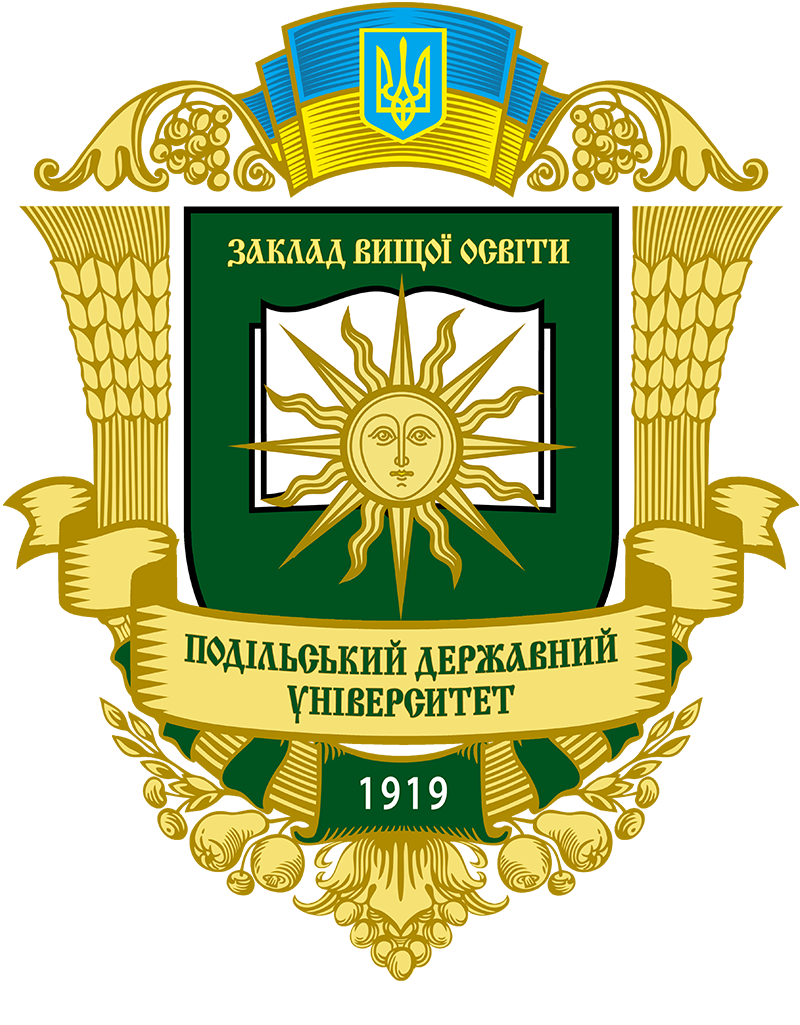ANALYSIS OF MEASUREMENT ERRORS OF PRECISION PARTS USING A MEASURING ARM
DOI:
https://doi.org/10.37406/2706-9052-2024-4.14Keywords:
measuring arm, measurement error, precision parts, Monte Carlo method, automatic correction, systematic error, measurement accuracy, quality control, temperature compensation, metrologyAbstract
The article presents a detailed analysis of various types of errors that occur when measuring precision parts using a measuring arm. Measuring arms are high-tech instruments widely used in mechanical engineering, aviation industry, automotive manufacturing, and other fields where high accuracy and measurement repeatability are crucial. The design features of such devices allow for quick and accurate measurements of parts with various shapes, particularly those with complex geometry. However, the accuracy of measuring arms significantly depends on several factors, including operating conditions, temperature changes, design characteristics of the instrument, operator qualification, and other external factors. In particular, the influence of thermal fluctuations, which can lead to distortions in the measuring arm structure and affect the accuracy of the obtained results, is considered. The Monte Carlo method was used to analyze measurement accuracy, which allowed obtaining probabilistic characteristics of errors and determining the most influential factors causing measurement accuracy deterioration. The article proposes an automatic correction algorithm that compensates for systematic errors and reduces the influence of external conditions on measurement results. Experimental studies conducted in production conditions confirmed the effectiveness of the proposed approaches, demonstrating a significant increase in measurement reliability and data accuracy. Additionally, the paper examines methods for minimizing errors arising from human factors through automation of measurement data processing. The proposed methods and algorithms can be useful for engineers responsible for product quality control, as well as researchers in metrology interested in improving measurement technologies to enhance the accuracy of complex parts inspection.
References
Balsamo A., Di Leo R., Malorana P. Evaluation of CMM uncertainty – Part I: Modelling and experimental validation. Measurement Science and Technology. 1996.
Elsheikh A., Fraser D. Metrology and machine calibration for dimensional measurement. International Journal of Advanced Manufacturing Technology. 2015.
ISO 14253-1. Geometrical product specifications (GPS) – Inspection by measurement of workpieces and measuring equipment – Part 1: Decision rules for proving conformance or non-conformance with specifications. International Organization for Standardization, 2013.
ISO 15530-3. Geometrical product specifications (GPS) – Coordinate measuring machines (CMM): Technique for determining the uncertainty of measurement – Part 3: Use of calibrated workpieces or standards. International Organization for Standardization, 2011.
ISO 230-2. Test code for machine tools – Part 2: Determination of accuracy and repeatability of positioning of numerically controlled axes. International Organization for Standardization, 2014.
Ramaswami K., Spanos P. Thermal error modelling and compensation for coordinate measuring machines (CMMs). Precision Engineering. 2011.
Trapet E., Wälde F., Manske E. Geometrical errors of coordinate measuring machines. CIRP Annals. 2007.
Weckenmann A., Peggs G. Error assessment and correction in coordinate metrology. CIRP Annals. 2006.
Zhang G.X., Zhu X. Investigation on error compensation for coordinate measuring machines. Measurement. 2012.










